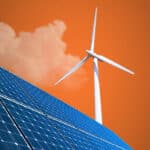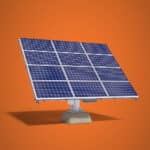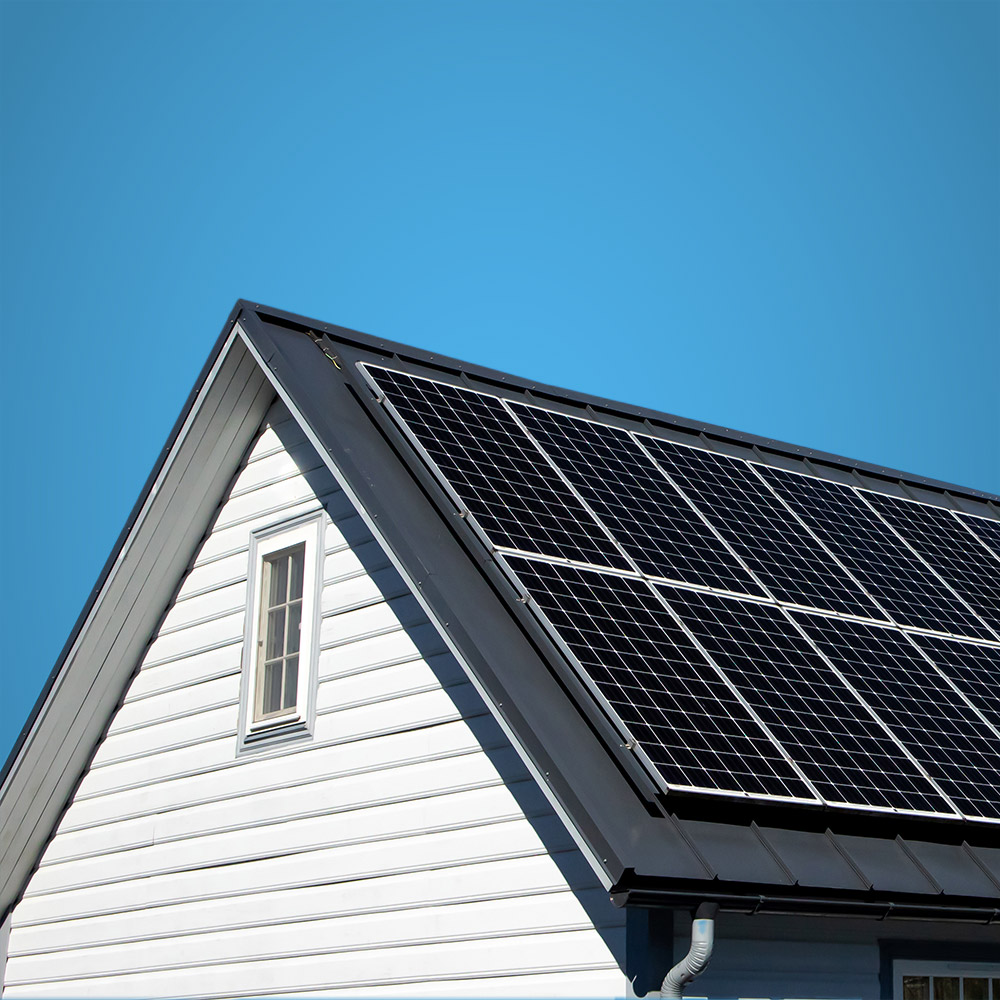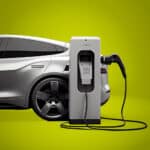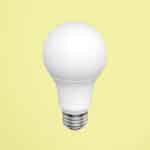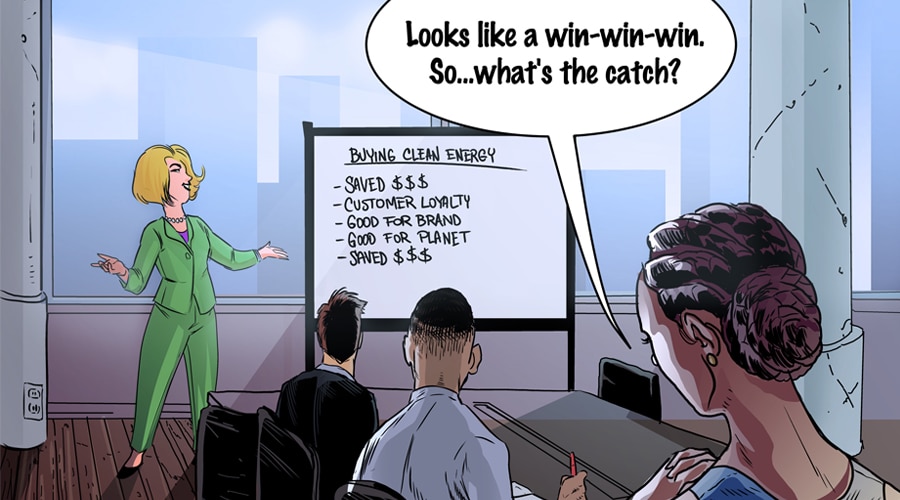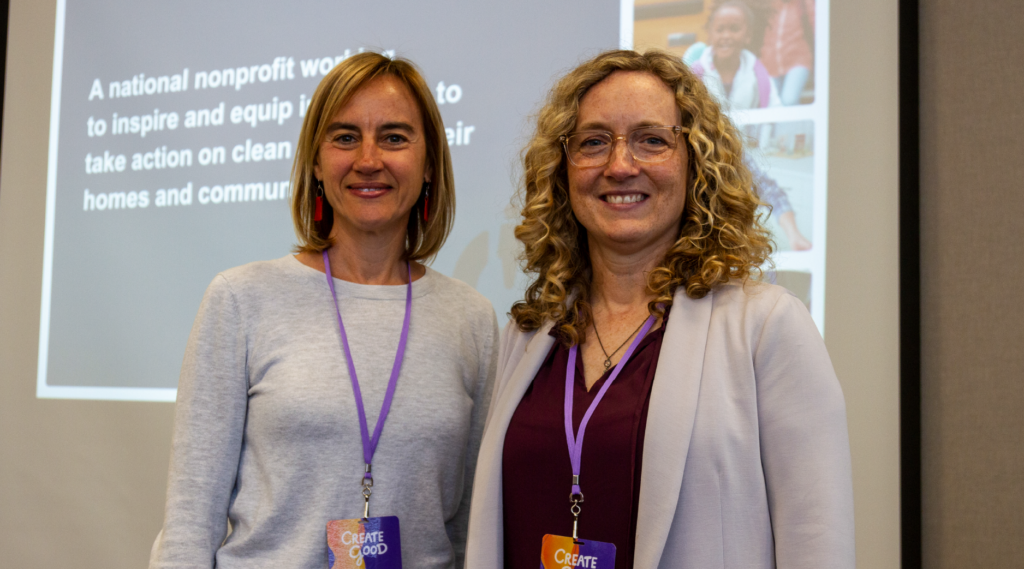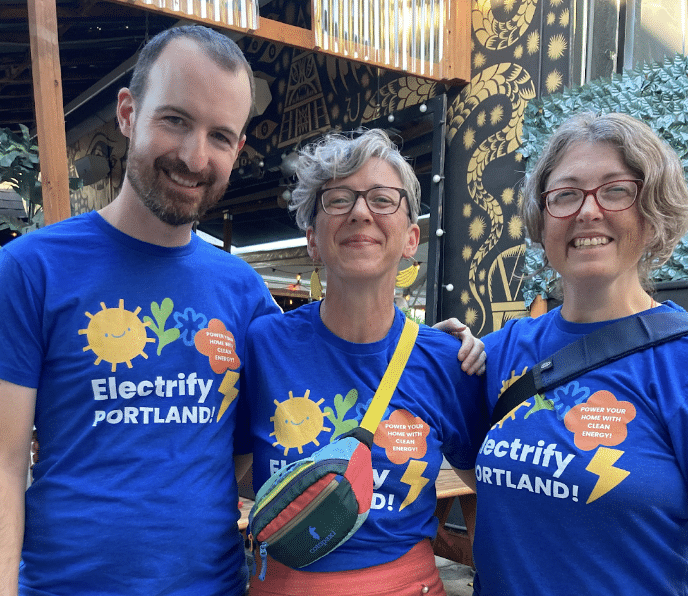If you happen to be driving among the corn fields and dairies near Twin Falls, Idaho, you might come across an unexpected sight: a modern building complex, spread over five acres, gleams with a new 2 megawatt (that’s big) solar array, generating enough juice to electrify the equivalent of 280 homes a year. The state-of-the-art system supplies 30 percent of the power needs for a massive commercial bakery owned by snack bar maker Clif Bar, helping the company meet its ambitious climate and energy goals.
Clif Bar is one of thousands of companies going whole hog on a renewable energy future. Last year, the top buyers of wind and solar power in the U.S. were household tech names like Facebook, Google, and Microsoft, as well as big retail, telecom, and banking companies like Verizon (which, in April, announced its first-ever clean energy purchase from wind and solar projects in Illinois and Texas). Corporate procurement alone accounted for nearly half (46 percent) of the 20.2 gigawatts of renewables added to the U.S. grid in 2019, according to the Renewable Energy Buyers Alliance.

Why & how businesses are doing it
Reputation-wise, it doesn’t hurt to be on the cutting edge of the biggest energy trend of our time while helping the planet. But it also helps the bottom line. Tech and other large industries need cheap, plentiful electricity to operate their power-hungry data centers and manufacturing hubs scattered around the country. With the price of wind and solar power now competitive with fossil fuels in many places, renewables have become smart business.
Corporations generally take one of three approaches to procure large amounts of renewable energy. If the funding (and solar or wind resource) is available, a company may install an on-site system to produce as much local energy as possible. Alternatively, it may contract directly with a developer to build or purchase the electricity from a dedicated solar or wind farm. In many cases, though, businesses aiming for high shares of clean energy buy renewable energy credits (RECs), which enable them to offset their electricity consumption by purchasing an equivalent amount of renewable power. Wells Fargo and Bank of America both use RECs in their push to operate their facilities, financial centers, and ATMs with 100% renewables.
Buying renewable energy is one of the quickest ways for companies to reduce their carbon footprints. General Motors (GM), one of the first big firms to sign on to the U.S. climate pledge for businesses, announced in February that it was moving up (by a full decade!) its target for 100% renewables, aiming for 2040 rather than 2050. GM recently signed two more utility partnerships to use low-cost solar to run its manufacturing plants. “In the long run, renewables are the cheapest form of new generation, and that’s what everyone is looking for from a financial standpoint,” said Rob Threlkeld, the company’s global manager of sustainable energy, supply, and reliability.
The impact of COVID-19
Certainly, the coronavirus pandemic has altered this year’s outlook for corporate renewables, contributing to tighter budgets, lower oil and gas prices, and unanticipated changes to energy demand as more people work from home. Renewable projects are coming online slower than planned due to construction pauses, permitting delays, and supply chain disruptions. Projections suggest that corporation procurement of renewables will likely fall short of last year’s record high.
But the overall outlook remains bright. Industry experts remain confident that even if financial markets are volatile, investment in renewables—which is generally viewed as low risk with stable returns—will continue. Meanwhile, the number of companies making voluntary commitments to transition to 100% clean energy continues to climb, and ripple effects are being seen across the supply chain. After Apple committed to using 100% renewable energy (a goal it achieved in 2018), at least 23 of its suppliers also agreed to a 100% target.
As consumers and citizens, we should support these forward-thinking companies for their renewable ambitions—and pressure their peers — and policymakers on Capitol Hill — in this direction. Businesses have a critical role to play, and now that clean, renewable energy is such a solid win-win-win for them, this sector of our economy must step on the accelerator.
Originally published in the 8/19/20 edition of our Flip the Script newsletter
